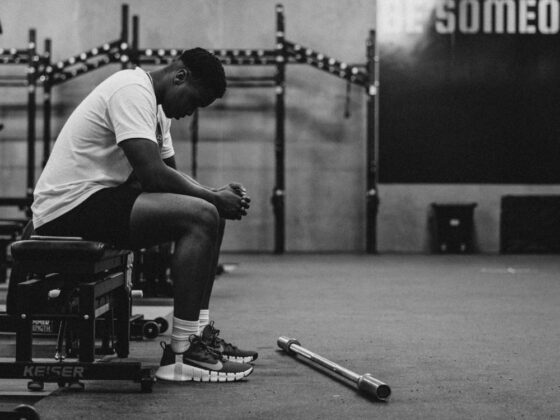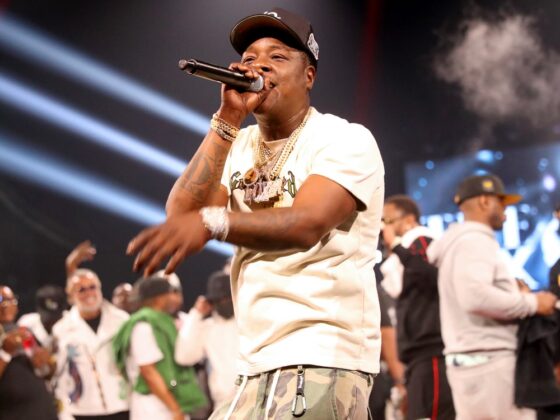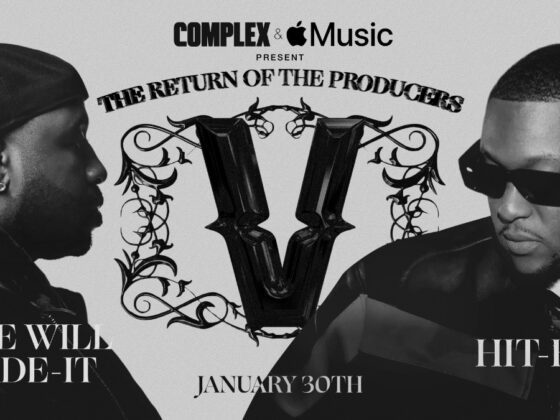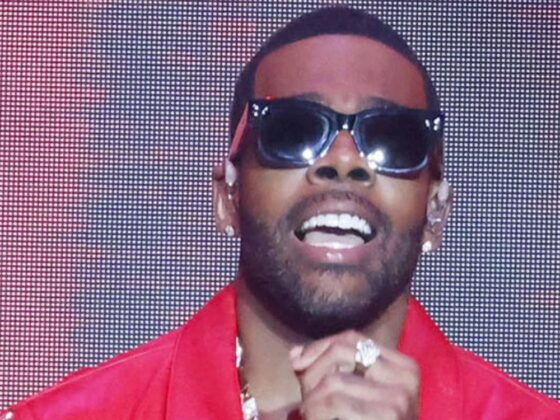The federal case against Sean “Diddy” Combs is gaining momentum as it approaches its conclusion, and a question that sticks out is: can the feds seize Diddy’s assets once he’s convicted on the Racketeer Influenced and Corrupt Organizations (RICO) Act counts? The answer is multifaceted and dependent upon the mechanisms of the RICO Act and its checkered history of dismantling entire crime families with asset forfeiture.
Understanding RICO and Asset Forfeiture
The RICO Act, signed into law in 1970 to fight organized crime, has been used to prosecute many iconic high-profile cases against drug dealers, corrupt government officials, and other serious offenders since. Prosecutors must prove a pattern of racketeering activity on the same “enterprise” to achieve an RICO conviction. The potential sanctions include asset forfeiture, the government will seize any property that they suspect of having been involved in or directly profiting from criminal activity. Can the feds seize Diddy’s assets prior to conviction? Yes, the government can do that, as there are instances where they may plead to seize assets prior to conviction, in case they claim to have probable cause to think the property is connected with a crime and act under civil forfeiture.
What’s at Stake: Diddy’s Portfolio of Assets
Diddy is more than a rapper or president of a recording company; he is an entrepreneurial giant with stakes in businesses that include music and clothing to alcoholic beverage firms, media firms, and real estate. With an estimated net worth of over $800 million, he possesses:
- Luxurious houses in New York, Miami, and Los Angeles.
- Investments in brands like Cîroc Vodka and DeLeón Tequila.
- The ownership of the defunct Revolt TV network.
- Sean John fashion line and Bad Boy Records discography
If prosecutors can prove that funds used to finance these businesses or properties came from illegal sources, or were used as instruments for money laundering or the perpetration of other offenses, they can become the subject of forfeiture.
Legal Precedent and Public Fallout
There is a court history of seizing the assets of famous defendants under the RICO. Courts have approved blanket forfeitures of assets such as homes, cars, cash, gems, and bank accounts in mob dons, druglords, and even corporate thieves. One well-known example is the federal case against drug lord Joaquín “El Chapo” Guzmán, where the United States government asked for over $12 billion in assets linked to his cartel operations. In Diddy’s instance, if prosecutors obtain a RICO conviction and demonstrate that his companies or assets were instruments or outputs of the purported enterprise, then can feds seize Diddy’s assets? Absolutely. And it wouldn’t just hurt his personal wealth. It could freeze accounts, shut down business operations, and unwind deals with partners or investors, all of which could precipitate reputational and economic meltdown for his brand.
The Way Forward
As of now, Diddy has not been convicted of anything. He stands under the presumption of innocence, and the fact that charges have been filed against him doesn’t necessarily mean that he will be found guilty. Yet already the government has executed search warrants numbering several in total, and if there is to be a RICO indictment and subsequent conviction, the financial ramifications can be extensive.
It is recommended not to try to negotiate asset forfeiture settlements or litigate the government’s forfeiture claims in court because of its long process that would take years to decide. In previous cases, recovering the property seized under the RICO Act has proven to be impossible where the property seized was in the name of the defendant and closely identified with the illegal business.
Final Reflections
As the trial proceeds, the million-dollar question that everyone is wondering about is: can the feds seize Diddy’s assets should he be convicted under the RICO act? The answer to that is a resounding yes. For the time being, Diddy’s wealth remains intact; nonetheless, the government might be able to make a compelling enough case, in which case this status might not last for much longer. The next week or so will be decisive, determining not only Diddy’s legal fate but also the financial trajectory of one of hip-hop’s most illustrious moguls.











